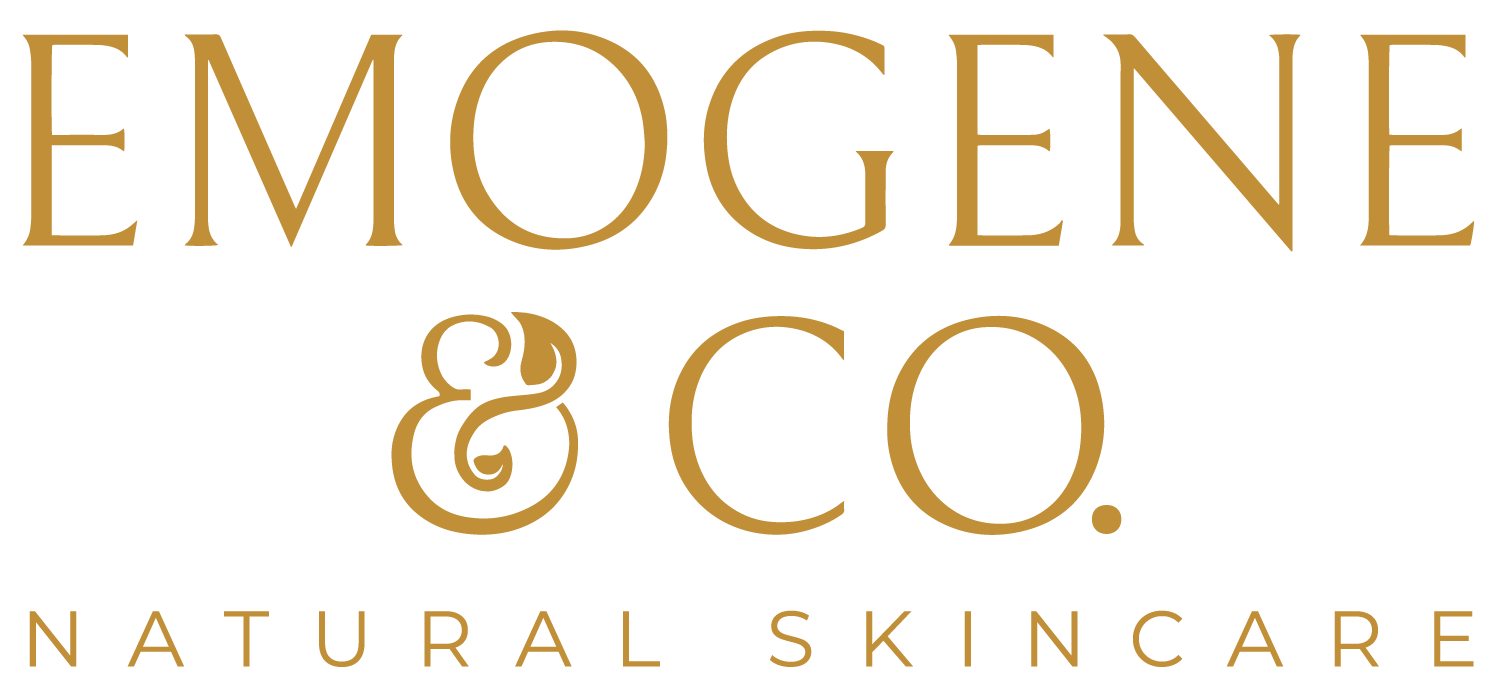What is Vitamin A? Or some of us may know it better as retinol.
Vitamin A comes in many various forms and strengths, which means it is essential to be able to differentiate between them. There are two different forms of vitamin A: preformed vitamin A including retinol and esters, and provitamin A, which includes alpha-carotene and beta-carotene. The provitamin A carotenoids are then converted into retinol. These can be obtained nutritionally in foods such as leafy green vegetables, melons, fish oils, eggs, etc.
Retinol… Retinoids… What are they?
Retinols and retinoids are both different forms of Vitamin A. Retinol is typically found in over-the-counter products while retinoids are a more concentrated form, usually requiring a prescription to obtain. Both are available in various forms including lotions, creams, serums, as well as orally.
A commonly known oral retinoid is well known by its brand name Accutane. Accutane is used for severe acne, however, there are several requirements to obtain a prescription for it as well as strict monitoring parameters.
For anyone taking an oral retinoid, it is required to enroll in the government program iPLEDGE. Government program iPLEDGE requires patients to have monthly labs drawn, monthly pregnancy tests, and use two forms of birth control as well as further monitoring.

Digging Deeper
Retinol, retinoic acid, and retinyl esters are all preformed derivatives of vitamin A. Each of these various forms has different purposes and effects when incorporated into skin care.
- Retinol, or all-trans-retinol, is the active form of vitamin A often used to target texture, fine lines and result in skin firming. Our body contains five types of collagen, but retinol targets type 1, the most abundant type in our bodies, by inhibiting the enzyme collagenase, which disintegrates collagen.
- Retinoic acid is typically found in products that intend to treat skin conditions including acne, psoriasis, and chronic inflammation of epithelial and follicular oil glands. Retinoic acid works by stimulating cell turnover, which allows quicker replacement with new skin cells. This, in turn, decreases proliferation of the outermost skin layer, the epidermis. Tretinoin has increasingly been a common choice in this category of vitamin A, which is obtained by prescription only.
- Retinyl esters, which include ingredients such as retinyl acetate and palmitate, work by breaking the molecular ester bond from retinol and is then converted into retinoic acid. Through this mechanism of action, retinyl esters acquire antioxidant and anti-wrinkle properties.

What can these forms of vitamin A do for my skin?
Retinol is regularly discussed to acquire younger skin, but why? Retinol increases skin cell turnover also known as proliferation. By increasing the skin cell turnover, dull old skin cells are rapidly replaced by new, smoother, and brighter skin cells. To experience the benefits of using a typical retinol, constant use over a period of at least 4 weeks is required.
Who should use retinol and who should avoid it?
If you have sensitive and dry skin, consult a dermatologist prior to starting a topical or oral retinol. Also, retinol is contraindicated in pregnant and nursing mothers. High levels of vitamin A during pregnancy and breastfeeding may lead to significant fetal harm known as Fetal Retinoid Syndrome (FRS).
What can I use with my retinol?
AHAs, benzoyl peroxide, and other retinol products should be avoided with concurrent retinol use. Ingredients that pair well with retinol ( but require an adequate amount of time between applications) include: niacinamide, vitamin C, and hyaluronic acid.
Best Natural Alternative to Vitamin A
Have you ever heard of bakuchiol? Bakuchiol is a natural alternative to retinoids with all the goodness and fewer side effects. Additionally, bakuchiol is considered to be a breastfeeding and pregnancy safe alternative to traditional retinoids.
Derived from the seeds of Psoralea corylifolia, also known as the babchi plant, bakuchiol could be the right choice for you if you have sensitive skin, dry skin, are currently pregnant or breastfeeding, or if you simply want to choose a more naturally derived ingredient. Similarly to retinoids, bakuchiol smooths the look of fine lines and wrinkles while stimulating cell turnover to give an overall improved skin tone, but is regarded to be gentler on skin without the redness and irritation generally associated with topical retinoids.
Our Refine Eye Serum is a game changer with key ingredients including bakuchiol to improve firmness in the eye area while also smoothing fine lines and wrinkles.






2 comments
Hi Rebecca! Our products do not contain retinol, but our Refine Eye Serum does contain a natural retinol alternative, Bakuchiol. You can read more about it by searching “Bakuchiol” on our blog!
Do any of your products contain retinol